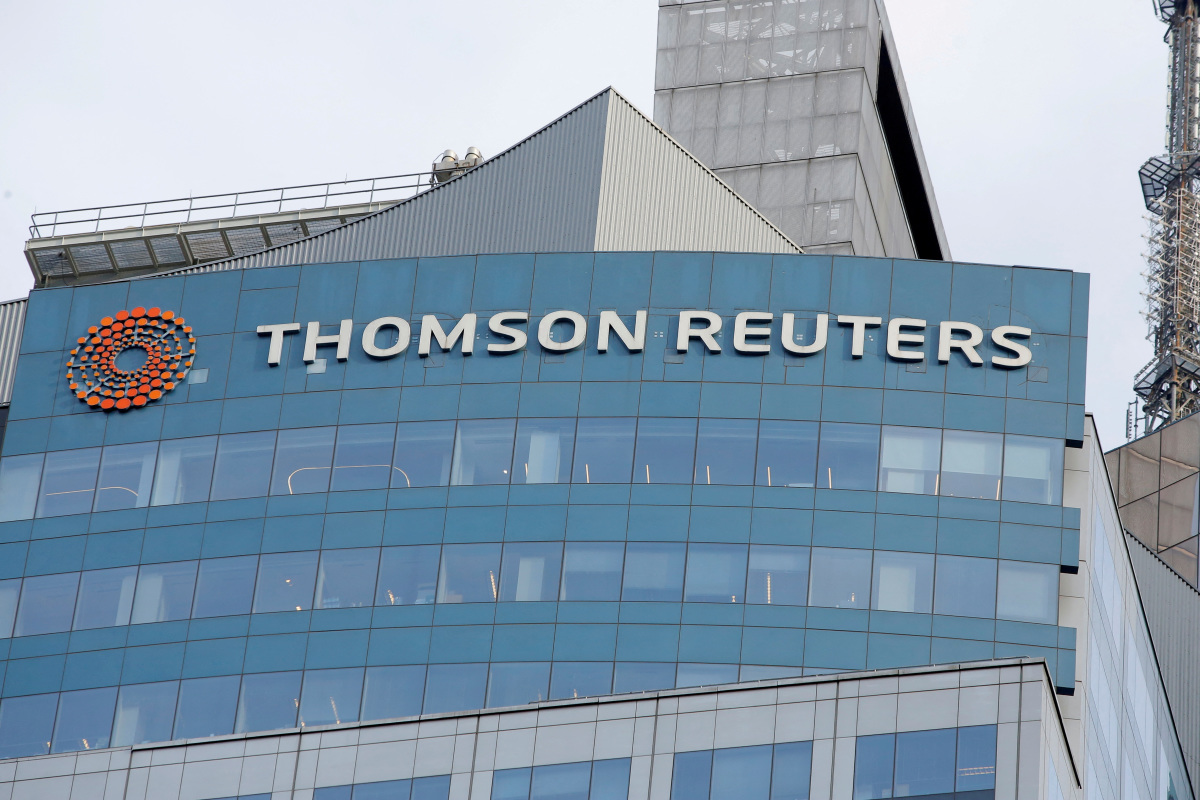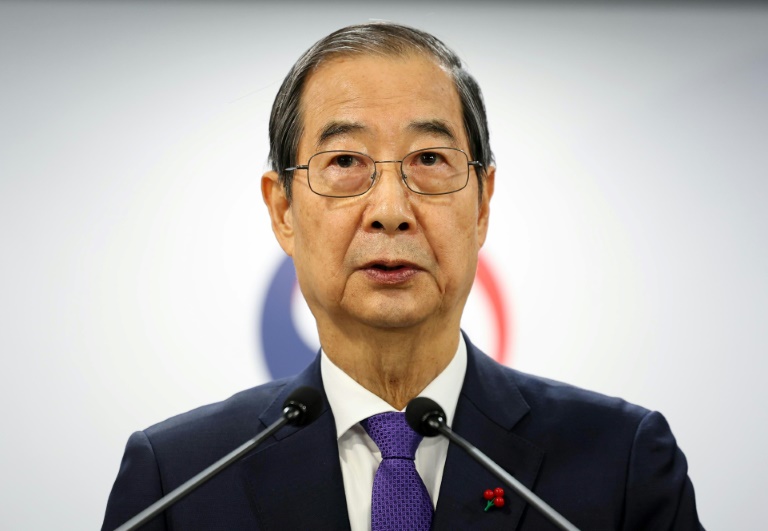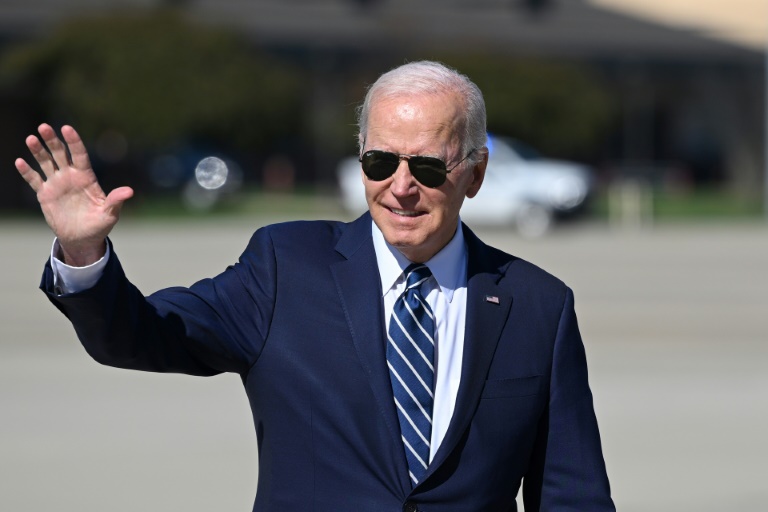Thomson Reuters Corp kept its financial guidance for this year and next after a forecast-beating rise in third-quarter earnings on Tuesday, but warned any worsening of the economic outlook could impact its ability to meet targets.
The news and information company said its three biggest divisions – legal, tax and accounting, and corporates – had held up well to economic challenges so far, helped by a large proportion of long-term contracts in all three.
“Our results and our outlook speak to the resilience of our business,” Chief Executive Steve Hasker said in an interview, calling Thomson Reuters products essential and not discretionary spending for clients.
But looking into next year, he said the company was monitoring cost-related inflation – labor in particular – and said technology vendors had demanded “significant” price increases.
Shares fell about 1% in initial New York and Toronto trading.
Thomson Reuters, which owns the Westlaw legal database and the Checkpoint tax and accounting service, made $1.57 billion in quarterly sales, up 3%, slightly below expectations of $1.59 billion. Adjusted earnings per share came in at 57 cents, 7 cents ahead of estimates.
The company still sees sales growing 5.5% to 6% next year. But it noted 2023 margins were trending towards the lower end of the 39%-40% guidance range amid heightened inflation and investments.
“The cost of labor is going up, and it’s a very big part of our cost base,” Hasker said.
Thomson Reuters’ peers include RELX Group’s LexisNexis, Bloomberg LP, News Corp’s DowJones, and Wolters Kluwer.
The company’s three main divisions reported single-digit increases in quarterly sales, as did the Reuters News division.
Reuters News makes about half its revenue from supplying Refinitiv, a data company spun off from Thomson Reuters and now owned by the London Stock Exchange Group (LSE). Thomson Reuters holds a minority stake in the LSE, worth about $6.3 billion as of Friday.
Hasker said valuations on potential acquisition targets were down 25% from their peak, calling these businesses – especially in the company’s big three market segments – more reasonably priced. Thomson Reuters will be “quite a bit more aggressive in the next few quarters in looking at acquisitions,” he said.
The company will have an estimated $12 billion of capital capacity between now and 2025 for deals, and will be able to continue the 10% annual dividend increase, chief financial officer Mike Eastwood said.







